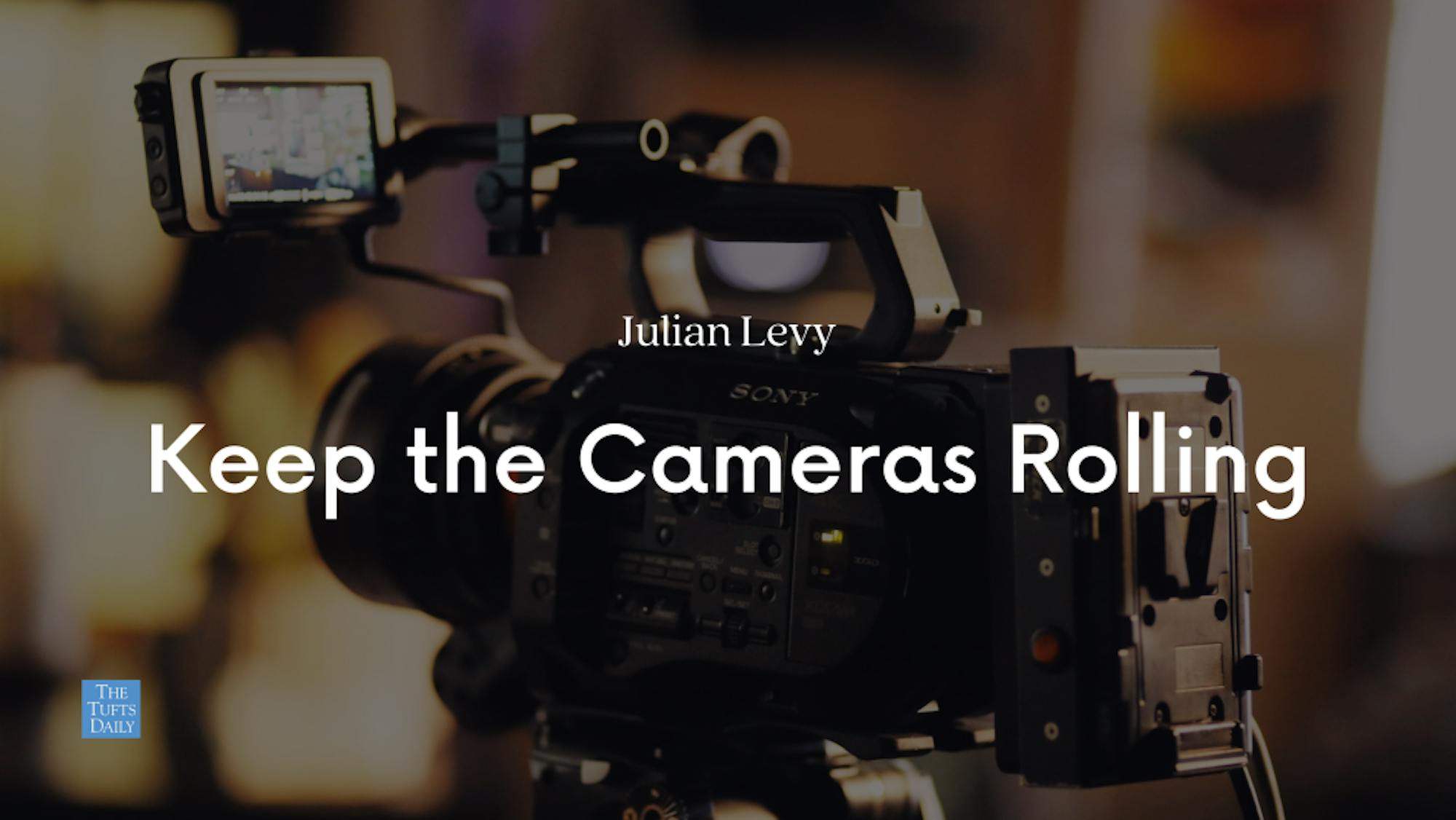When I began this column back inSeptember, the movie theater industry seemed to be at the beginning phase of its recovery. "Tenet" was just released, and more and more theaters across the country were opening up again. But that’s when the new wave of delays came. The release calendar thinned until there was no longer areason to stay open. This, compounded with another deadly wave of cases, put the film industry back where it was whenmany theaters closed in March. This dire situation has necessitated creative solutions.
It seems that WarnerMedia has jumped the proverbial shark. After confirming long-running speculation that "Wonder Woman 1984" (2020) would be released for free on HBO Max for subscribers (alongside a day-and-date release with theaters that are still open), the company has taken a huge step forward. The entirety of the Warner Bros. 2021film lineup will be available on HBO Max after release. This includes major releases such as "The Suicide Squad," "The Matrix 4," "Dune," "Space Jam: A New Legacy," "Godzilla vs. Kong"and many more. Warner Bros. will miss out on billions of dollars of possible revenue typically earned in theaters.
It seems as though this was done without the consent of the theaters as they have been vocal in their disapproval. TheWashington Post reports that CEO of AMC Adam Aron said,“These coronavirus-impacted times are uncharted waters for all of us, which is why AMC signed on to an HBO Max exception to customary practices for one film only, ‘Wonder Woman 1984.’” This exception has been stretched far beyond the agreed-upon limit, upending the established practices of the film industry, to both the theaters’ and Warner Bros.’ detriment.
Aron said that the decision to release all of Warner Bros.’ movies on HBO Max the same day as theaters was akin to “kicking theater owners when they’re down.” So why would Warner Bros. take such drastic action? It seems to be prioritizing the long-term success of their new streaming service over short-term profit at the box office.
It remains to be seen how this will affect the viewing habits of the public. One thing that is true is that movie studios will face a very difficult time going forward. Warner Bros. has stressed that this is a temporary solution, because if it wants to survive financially, that has to be the case.
The next year will be crucial to the survival of the theater industry, and the outcome might not be all positive. I know that it’s weird to root for a multinational corporation in a time when small businesses and minimum wage workers across the country are struggling to stay afloat, but that’s exactly why Regal, AMC and other large theater chains need to make it through. They employ countless individuals, and their existence supports the viability of independently-run theaters. The fate of the movie industry hangs in the balance, and there is really no way to know how this story will end.






